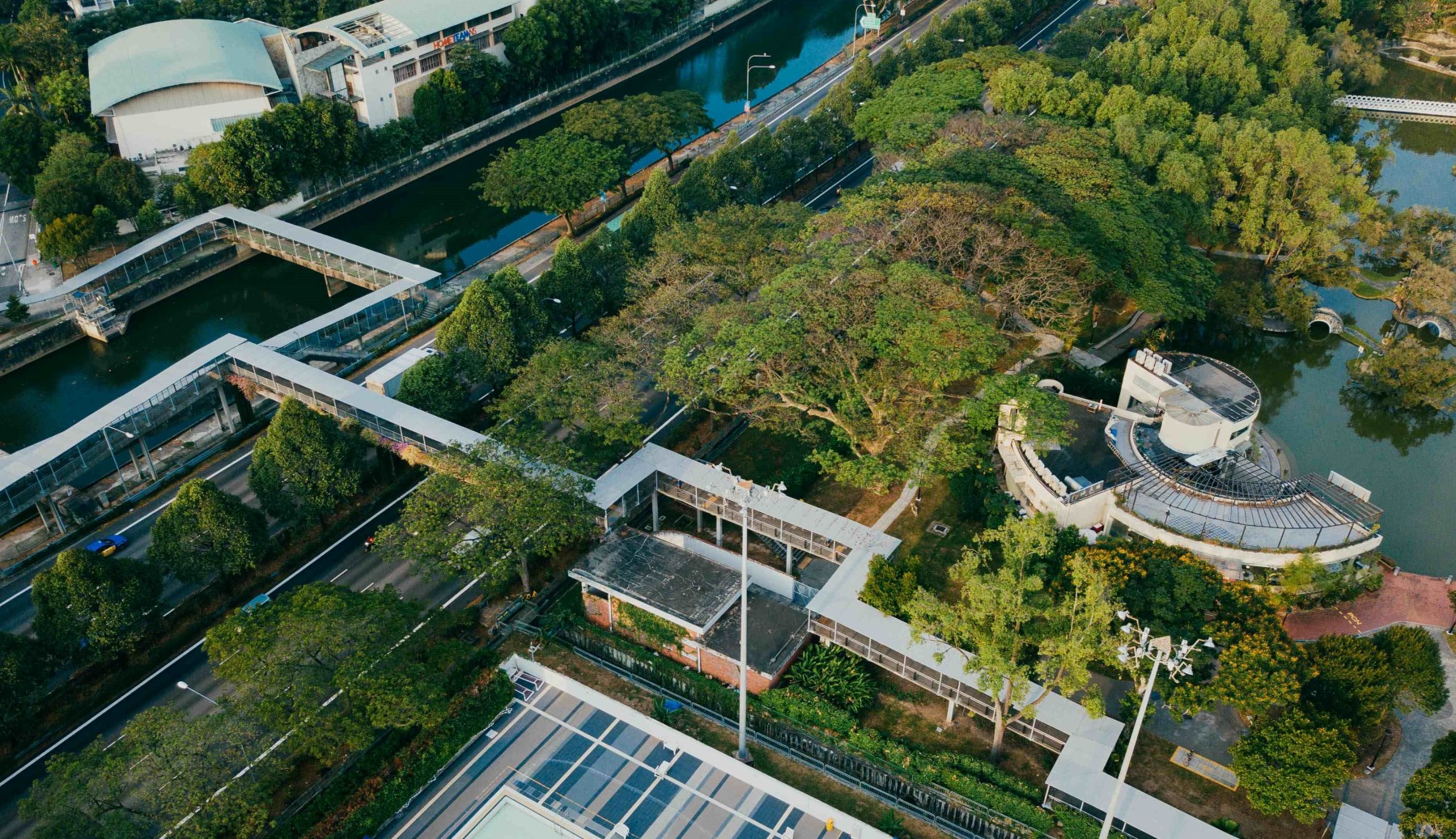
The University of Barcelona develops pioneering technology to recover phosphorus from wastewater
The research groups Design and Optimization of Processes and Materials (DIOPMA) and Environmental Biotechnology (BA) at the University of Barcelona (UB) have developed cutting-edge technology for recovering phosphorus in urban wastewater treatment plants. The MAGNYFOS project addresses an urgent environmental need: the recovery of phosphorus, an essential and critical nutrient in agriculture, but also a pollutant when discharged excessively into aquatic environments.
The technology developed by UB uses industrial by-products rich in magnesium oxide as a more sustainable and cost-effective alternative to traditional chemical reagents. This approach enables the formation of a compound called struvite, which can be reused as fertilizer.
The aim of the initiative is to recover phosphorus in a more efficient, economical, and sustainable manner, thus helping to reduce pollution, comply with European regulations, and give new life to industrial waste.
This technology, validated in a pilot plant, not only reduces environmental impact, but also supports a circular economy model, where previously wasted resources are now reused. Moreover, it represents a step forward in transforming urban wastewater treatment plants into biorefineries capable of recovering valuable resources.
The project has been led by researchers Dr. Josep Maria Chimenos, Professor at the Faculty of Chemistry at UB, and Dr. Sergi Astals, Associate Professor at the same faculty, and has involved collaboration with the company Magnesitas Navarras, S.A. The project was presented within the “Transfer and Social Impact” initiative of the CRUE Spanish Universities.
With this project, the University of Barcelona reaffirms its commitment to sustainability, innovation, and the transfer of knowledge towards a more circular and resilient economy.

